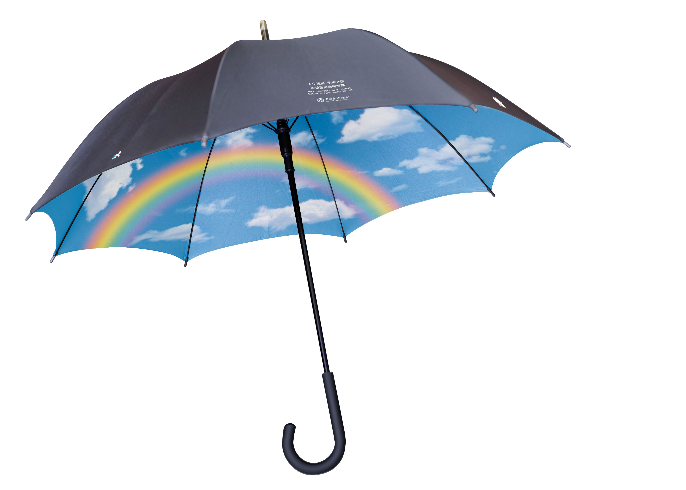Different Types of Life Insurance Policies: Know your Options
To financial experts, having life insurance coverage is very important. It is one form of an investment that would protect your loved ones from financial ruin if for whatever reason the policy holder – usually the breadwinner – suddenly passed away, the insurance policy will kick in and save your loved ones from this devastating event. Now, there are basically two different types of life insurance policies namely term life insurance and permanent life insurance. Each of these life insurances have subcategories with different policies suited for people’s varying demands.
What is Term Life Insurance?

Term life insurance or temporary life insurance as some may refer to it is a type of coverage that expires at a specific period of time. The term usually varies from one to up to twenty years. Unlike permanent life insurances, wherein a portion of your contribution become cash build up, with term life insurance once your coverage expires, you only have the option to renew or re-apply for a new policy. If death occurs while the insurance is in place, a lump sum of money will be given to identified beneficiaries. If the insurance is not in effect, no cash benefit will be paid out.
Amongst all types of life insurances, term life insurance is the most straightforward and most comprehensible of all. There is no investment value or cash build up, instead the policy premium goes directly for your coverage. As opposed to what a lot of people know, term life insurance comes in many different types:
* Convertible term life insurance
* Annual renewable term life insurance
* Renewable term life insurance
* Level premium term life insurance
* Decreasing term life insurance
Convertible life insurance

This type allows you to convert your term insurance to any other types of insurance coverage that your insurance company carries. This is very important considering that your need for life insurance coverage may change over time. The only drawback is that it is significantly more expensive than annual renewable term because it involves a lot of risk on the part of the insurer.
Annual term life insurance
This one the other hand is automatically renewable every year. Most of the times, the policy is renewable until you reached the age of 65. However, every year the premium increases as your chances of dying increases as you become older. If you started out young, the premium will be a lot more inexpensive.
Renewable term life insurance

With renewable term life insurance, you will have the right to renew your policy once it expires, even if you experience health problem. This is a lot like annual term life insurance but this applies to longer term life policies. This can be very valuable considering that after five to twenty years, your health might deteriorate. Buying insurance at an older age and with health problem is almost impossible and can be very expensive. Generally this involves higher risk, so naturally it cost a little higher than annual term life insurance.
Level premium term life insurance
Level premium guarantees that the premium will stay the same each year. Unlike annual term life, the value of your premium will significantly diminish as years pass by. Although you may have to pay higher premium at the start of your term, after five or twenty years, your premium will stay the same all throughout.
Decreasing term life insurance

With this type, your cash benefit diminishes every year while the premium will stay leveled for within the duration of your coverage. Decreasing term is used to cover for some items in which costs diminish after a while like home mortgage.
What is permanent life insurance?
Permanent life insurance is another types of life insurance in which the policy covers the insured party for the rest of his or her life. Unlike term life insurance, your policy will not expire for as long as you are paying for the policy. There are basically three different ty pes of life insurance policies under this category:
* Universal life insurance
* Whole life insurance
* Variable life insurance
Universal life insurance

Universal life insurance may have the same features like with while life insurance however it involves more flexibility. This is a permanent policy wherein the policy holder is covered for the rest of his life, no matter how long that may be. With Universal life insurance, your premium is broken into two separate components.
One for your death benefit and the other as cash value. You will have the choice as to where to put more money into. You can increase your contribution for the death benefit or more into your cash value account. If you want to lower down your premium, you may only choose to pay for the death benefit and none for the cash value. You see how flexible this policy is.
Now, after a few years or once the cash value has accumulated, you can withdraw the money. However, you would have to return it back or your death benefit will decrease. Some people use this as some form of savings that they can use when they get older. Other prefers to use it to increase their death benefits for their loved ones. Check with American general lif e insurance company for more information about universal life insurance.
Whole life insurance

Whole life insurance covers you for all your life. And if you reach the age of one hundred, you will receive the face value in lump sum. Like universal life insurance the premium is divided into two separate components: death benefits and cash value. You can borrow the cash value if you’d like or be used as a supplementary retirement income. If you wish to cancel the policy after a specific time frame, your insurer will also surrender the cash value to you. The good thing about this is that the premium is calculated over the rest of your coverage, so the premium payment remains the same all throughout.
Variable life insurance
Universal variable life insurance as some may refer to it is another types of permanent life insurance wherein cash value also accrue over time. You would also be covered for the rest of your life and the beneficiary will receive lump sum in case of death. Now, the difference of this type is that the cash value is invested in the government bonds, equity accounts, money market, etc. that policy holders choose. If the investment is performing well, your cash value would increase. Cash value are not taxed however all earnings will be once you withdraw it. A lot of people use the earnings they get from their investment to pay for the premium.